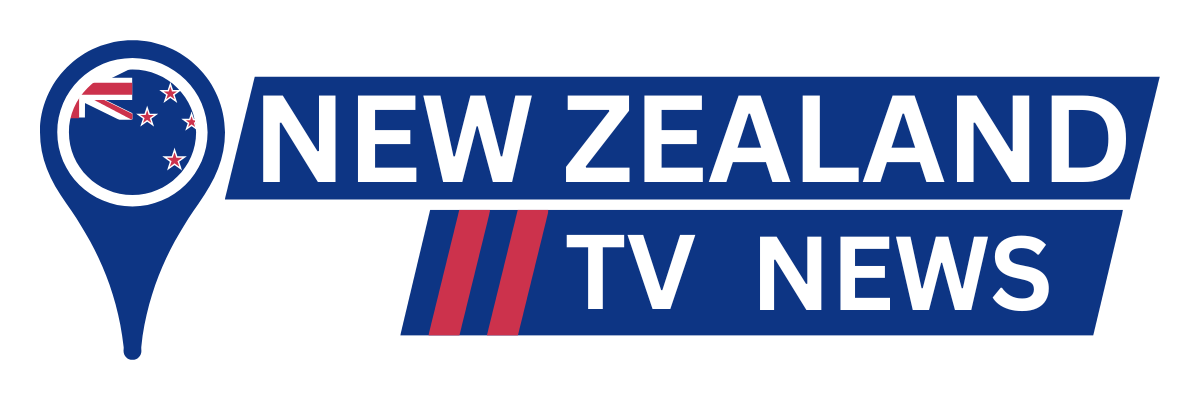A strange paradox has emerged in US-UK relations, where the grandest gestures of friendship are immediately followed by acts of economic warfare. The UK’s recent state visit for Donald Trump, complete with the pomp and pageantry of a royal banquet at Windsor Castle, has paradoxically led not to closer ties, but to a new and aggressive trade threat against a key British industry.
This “Windsor Paradox” is a stark illustration of the current US administration’s detachment of diplomatic protocol from economic policy. The charm offensive, which included the presence of pharmaceutical CEO Emma Walmsley, was seemingly received with warmth but was ultimately ineffectual. The subsequent threat of a 100% tariff on drugs suggests the visit was viewed as little more than a pleasantry, with no bearing on the hard realities of “America First” trade.
The UK government has been caught off-guard by this paradox. Having invested heavily in the soft power of a royal welcome, it now finds itself in a hard-nosed negotiation to save a “critical” sector of its economy. A spokesperson’s statement confirmed that urgent talks are in progress, a tacit admission that the state visit failed to achieve its underlying economic objectives.
The situation leaves allies in a confusing position. If rolling out the red carpet and hosting a banquet with the King does not build enough goodwill to avert punitive tariffs, what will? It undermines the traditional tools of diplomacy and suggests that the only language the administration understands is that of economic leverage and domestic investment.
The Windsor Paradox will be remembered as a cautionary tale. It demonstrates that in the current global climate, historical alliances and grand gestures can be easily overridden by a transactional approach to trade, leaving even the closest of partners feeling bewildered and betrayed.
The Windsor Paradox: Royal Welcome Precedes Economic Warfare
Date:
Picture Credit: www.flickr.com
